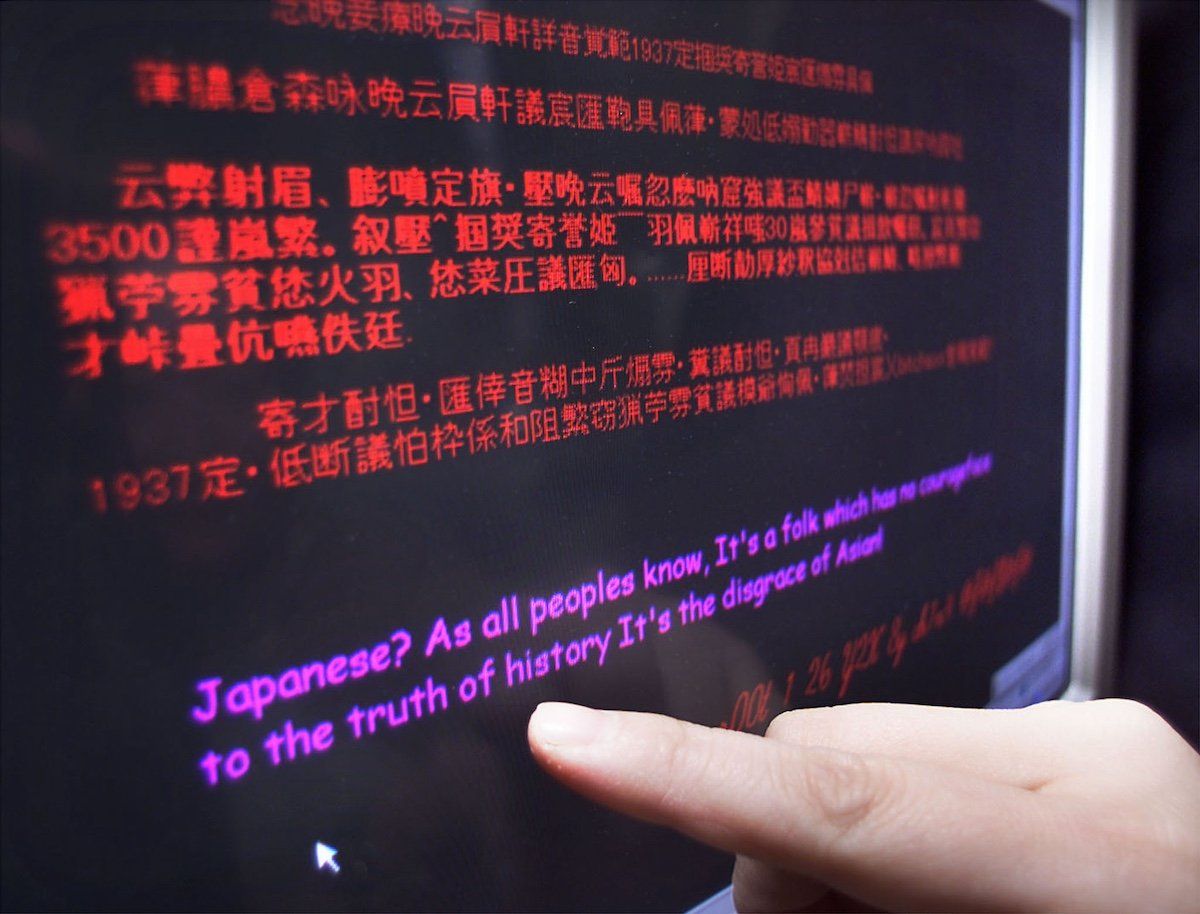US utilities have suffered a rash of breaches by Chinese hackers this year, and Taiwan is asking the US government for training to beat similar attacks — but don’t think for a minute cyberwarfare is a one-sided game.
“I have no doubt that the US has been doing the same things to China,” said Xiaomeng Lu, Eurasia Group’s geotechnology director, referring to utility breaches and attempts to access classified information. “Probably more successfully, because the US offensive capability is more sophisticated.”
In fact, she said, America has both the offensive and defensive edge over China in cybersecurity thanks to its innovative high-tech and cybersecurity sectors. US breaches of China’s cybersecurity, however, don’t often make the headlines. Beijing isn’t eager to broadcast that it has been hacked, and the US doesn’t benefit from bragging.
Still, the US is plenty concerned about China’s activities: Beijing is deliberately targeting critical infrastructure in places like Hawai’i and the Pacific island US protectorate of Guam, which would both be crucial to US support for Taiwan in the case of an invasion.
And with Taiwanese elections exactly one month away — and the most anti-China candidate, William Lai, in the lead — Washington needs to be prepared for any eventuality. If Lai wins, Beijing is likely to amp up its harassment of Taiwan, both with its conventional military and online.
During Taiwan’s 2019 campaign season, for example, Chinese hackers launched tens of millions of attacks on government and candidate websites, and spread extensive disinformation on social media. When Nancy Pelosi visited Taiwan last year, China hacked digital billboards to call her an “old witch.”
Fortunately, Beijing’s tactics have been “so obvious and so blatant that they provoked a public outcry, and it was very, very unsuccessful from their perspective,” said Lu. “Since then, Taiwan has had a lot more cooperation with the US in terms of getting training and sharing experience.”



















